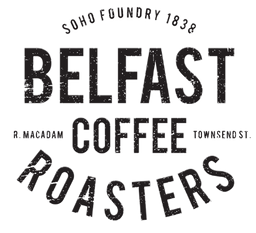

Wilfa Svart Precision Coffee Grinder
£120.00
Sleek and approachable, the affordable Wilfa Svart Aroma Grinder is compatible with a variety of brew methods: namely, the filter, french press, Aeropress and percolator, and produces a highly consistent grind. With an easy-to-use interface, you’ll find no trouble make a professional-tasting brew, either at home or in a professional cafe environment. Made of polycarbonate and steel, with steel conical burrs and a detachable 250g hopper, this quality grinder is a portable and affordable modern companion to any coffee connoisseur’s daily coffee routine.
Black only in stock


Wilfa Uniform Coffee Grinder
£295.00
Wilfa Uniform is an automatic coffee grinder developed in collaboration with Tim Wendelboe – the 2004 World Barista Champion, 2005 World Cup Tasting Champion, and multiple Nordic Roaster of the year. The device is dedicated for home use, perfect for the beginners, as well as for experienced coffee enthusiasts. This grinder was made to make you enjoy possibly the best coffee every day! Among its advantages, one can name wide grinding setting (recommended especially for pour-over methods, however, works also for espresso).Wilfa placed flat 58 mm stainless steel burrs in the grinder, which provide more precision than conical burrs. Thanks to that it allows you to get all of the richness from the coffee.Features: 41 settings, from coarse to espresso 58mm flat burrs for even grinding metal container for less static coffee auto stop sensor when coffee is empty colour: Black12 months back to base warranty.

